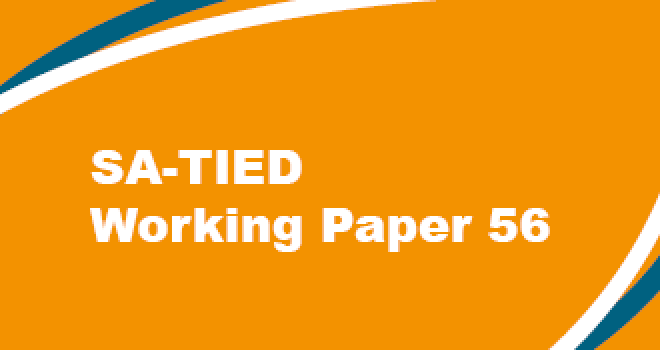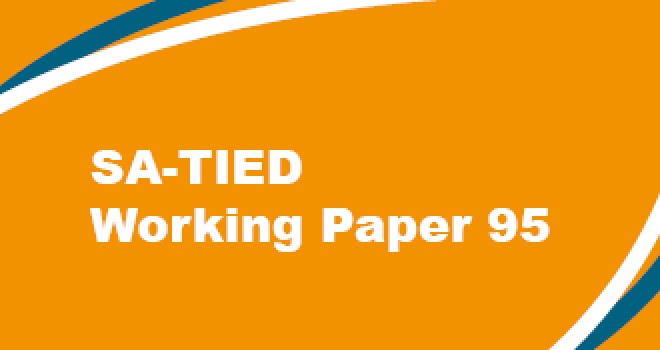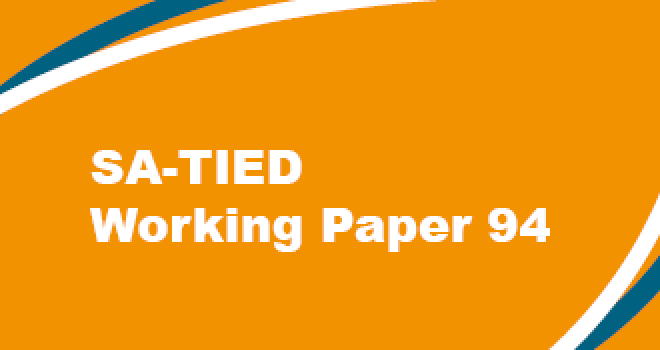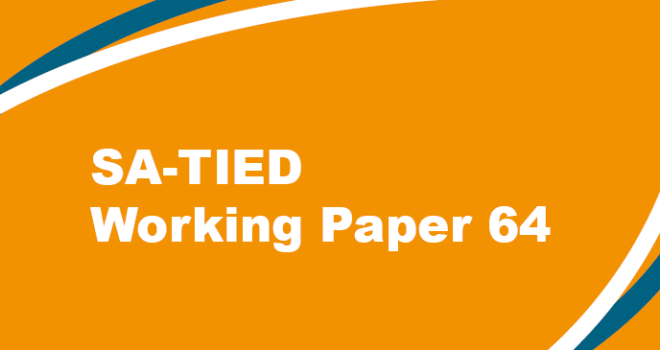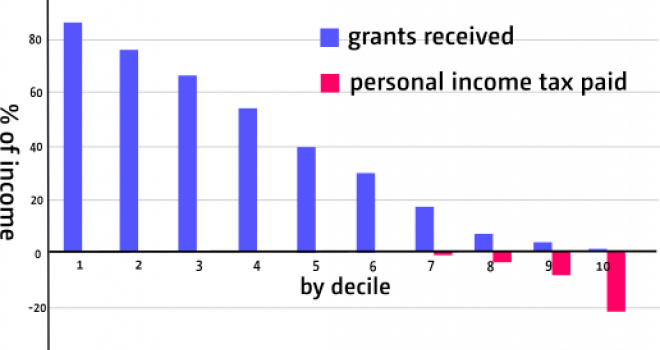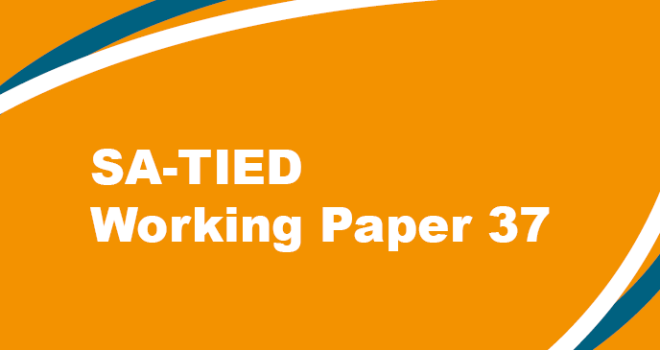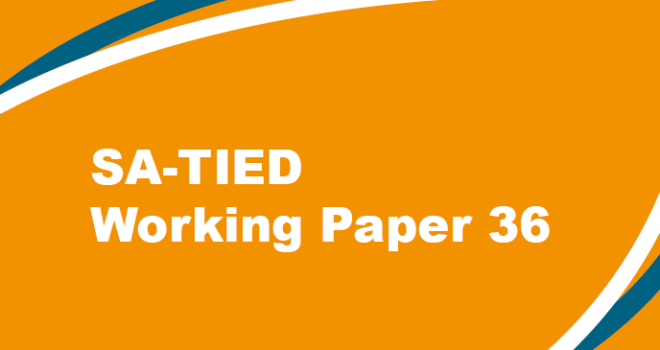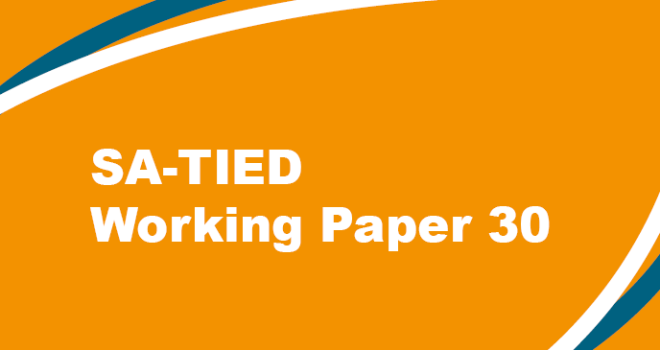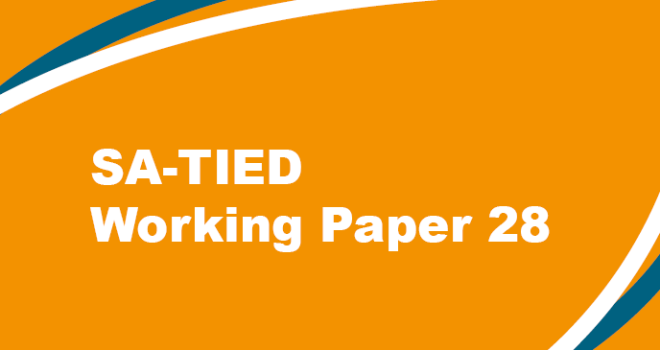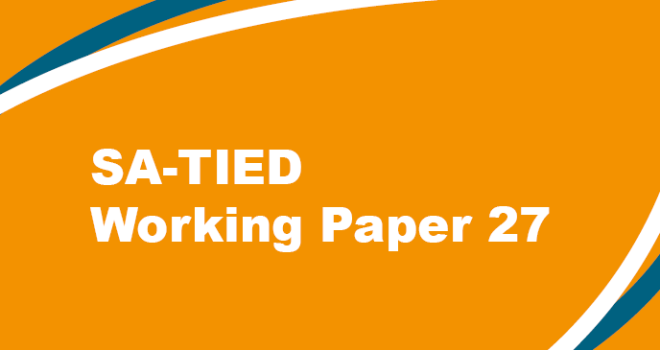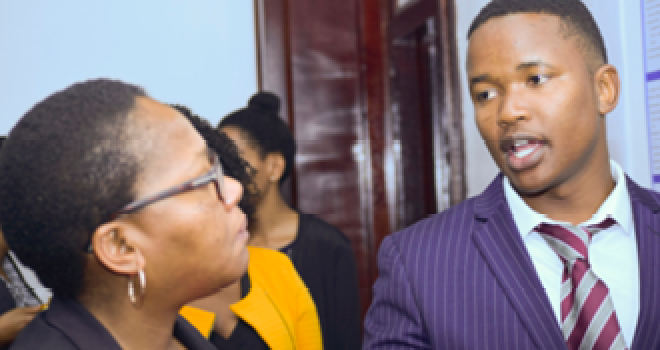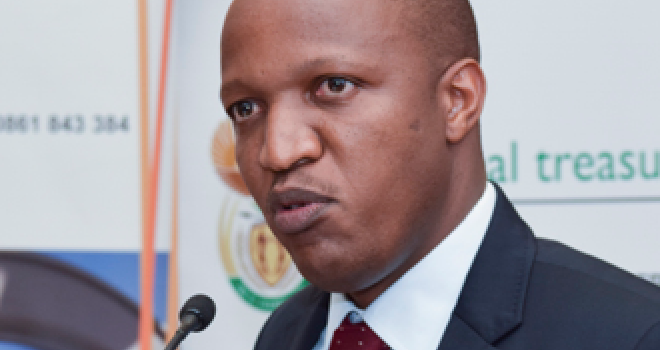Public revenue mobilisation for inclusive development
How can tax policies be used to increase economic growth and spur job creation? Working closely with the South African Revenue Service (SARS), researchers and policy practitioners explore the links between tax policy and economic growth. The work stream covers topics such as tax policy design and tax administration design, how COVID-19 impacted revenue collection, and how procurement procedures impact prices, quality, and corruption in public expenditure across the region.
In addition to the studies commissioned for this work stream, a primary goal will be to build the capacity to manage and use the tax administrative data which sits at the National Treasury and SARS. This work stream also invests in the future researchers and policymakers of the Southern African region by co-organizing a training in South Africa with UNU-WIDER’s Domestic Revenue Mobilization (DRM) programme. The UNU-WIDER Winter School on tax policy research provides early-career researchers in developing countries with a toolkit in applied public economics, with a special focus on the quantitative analysis of tax and public economics in developing countries.


